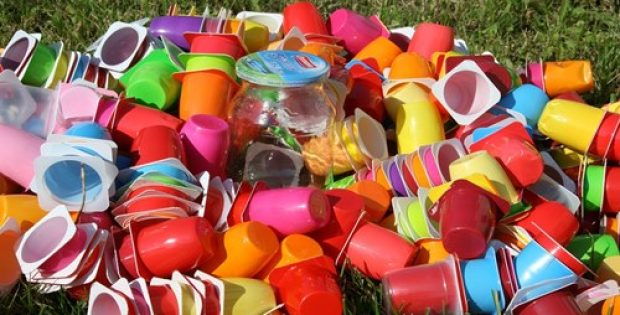In the Strasbourg sitting, 560 MEPs voted in favor of the ban. The directive will be passed through formalities prior to its being published in the EU rulebook.
The European Parliament recently unanimously voted to prohibit single use plastic cutlery, straws, stirrers and cotton buds as a move to cut down beach and ocean pollution. the MEPs have voted to bring the ban into effect in all member states of European Union by 2021.

According to Aljazeera News consumers will have to look for alternatives for various products including plates, balloon sticks, food and beverage containers.
In addition to targeting the commonly found plastic litter on European beaches, the directive will also impose a ban on the single use polystyrene cups and even oxo-degradable plastics which break into minuscule fragments.
As the Parliament has passed this plastic ban, the EU states need to come up with notions to decrease use of plastic containers for food as well as hot drinks. The objective is to introduce such an alternative that it would be possible to manage recycling of plastic bottles up to 25% by 2025, and by 2029, almost 90% of the plastic water bottles must get recycled.
Apart from the plastic ban, EU wants to tackle issue of wet wipes that often block the sewers. So, wet wipes, tobacco filters, sanitary towels and cups will get marked is they are made of plastic. The packaging material will demonstrate the amount of environmental harm the consumers contributes to if the item is disposed of improperly.
Moreover, the principle of ‘polluter pays’ will be applied to the producers of fishing nets and not crews if nets are lost at sea.
The European Commission VP, Frans Timmermans, who led the plan was reported to say that with this plastic ban, they have undertaken a vital step to lessen the litter & plastic pollution associated with their oceans and seas. He added that Europe is defining novel and ambitious standards for the world’s progress in environmental conservation.
In the Strasbourg sitting, 560 MEPs voted in favor of the ban. The directive will be passed through formalities prior to its being published in the EU rulebook.




